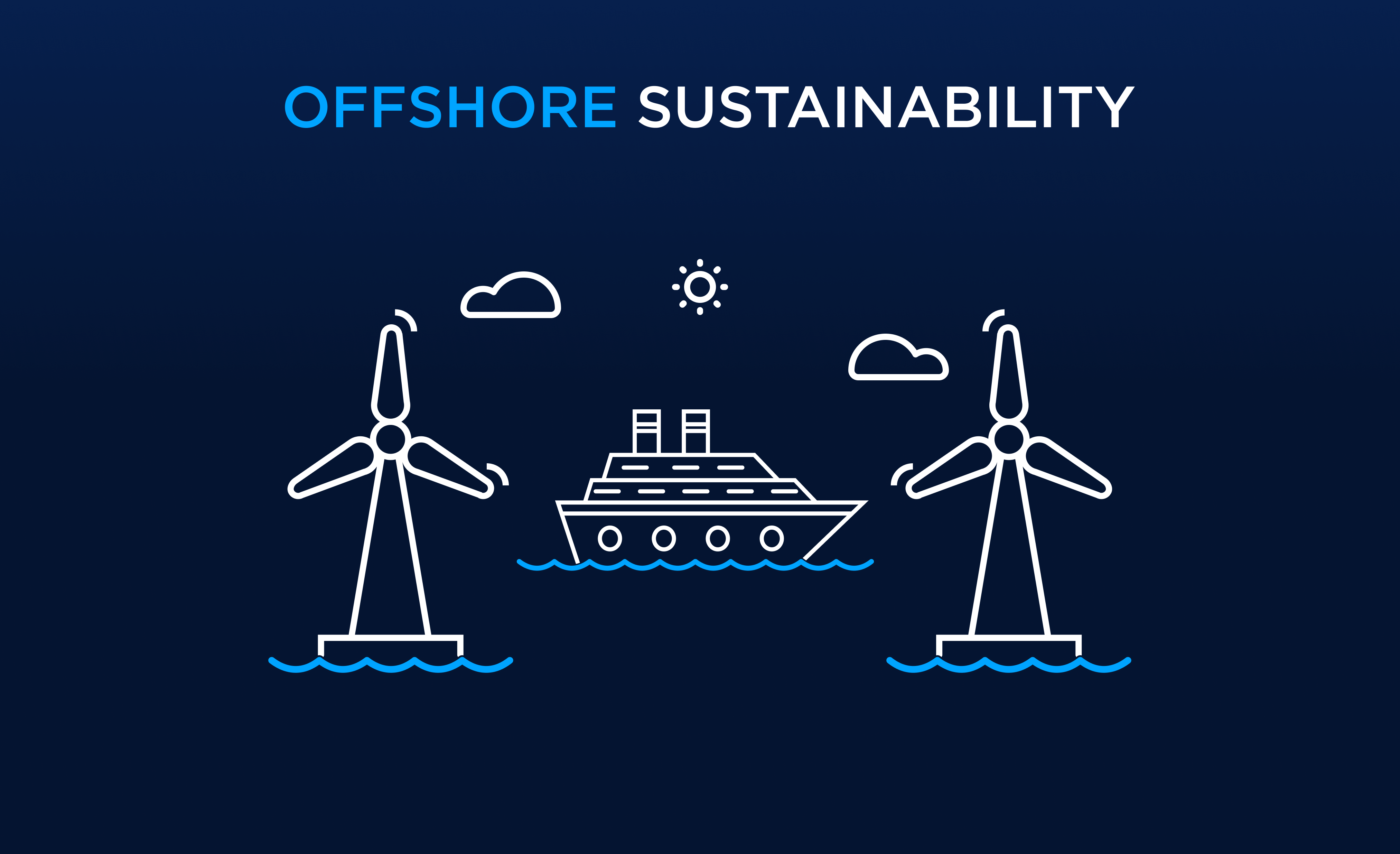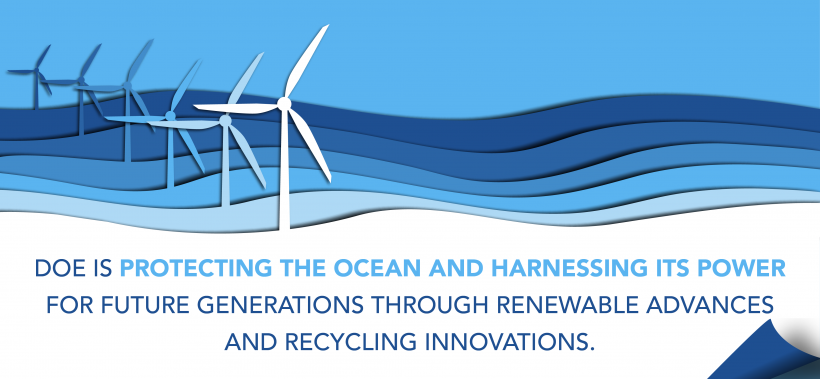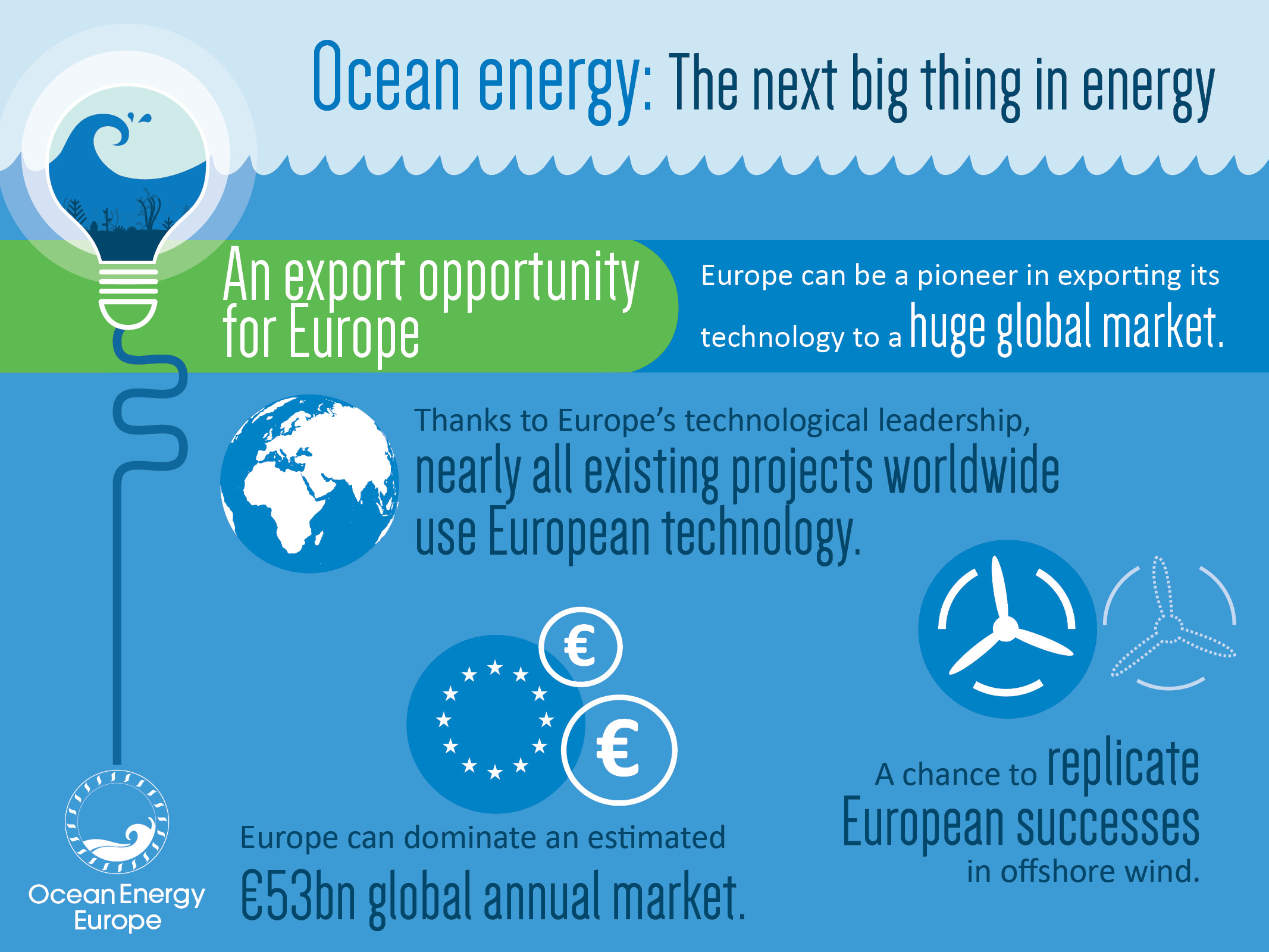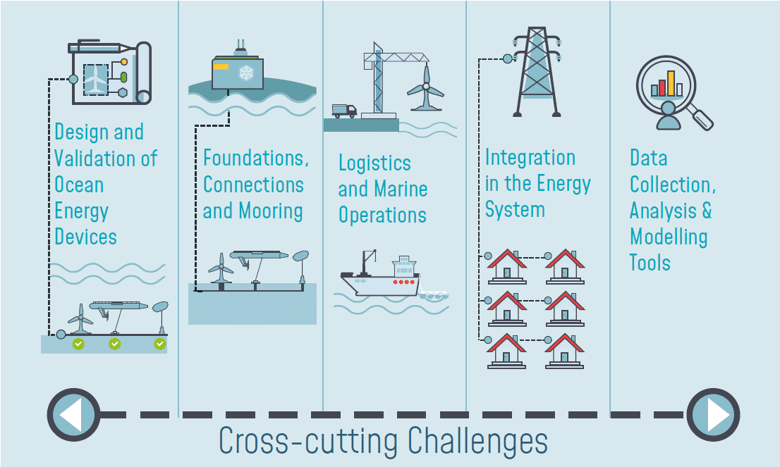
Ocean Energy Initiatives: Exploring the Impact on Coastal Communities
Introduction
Ocean energy initiatives have gained significant attention in recent years due to their potential to provide clean and renewable energy. This article aims to delve into the impact of these initiatives on coastal communities and the importance of studying this impact. By understanding the community implications, policymakers and stakeholders can make informed decisions and ensure sustainable development.
Historical Background
The development of ocean energy initiatives can be traced back to the early 20th century when the first attempts were made to harness tidal power. Since then, significant milestones and events have shaped the field, including the establishment of research centers, the launch of pilot projects, and advancements in technology.
Key Concepts and Definitions
Ocean energy initiatives encompass various technologies such as tidal energy, wave energy, and ocean thermal energy conversion. Tidal energy harnesses the power of ocean tides, while wave energy utilizes the motion of waves. Ocean thermal energy conversion involves converting the temperature difference between surface and deep water into electricity. Understanding the concept of community impact is crucial as it refers to the effects these initiatives have on the social, economic, and environmental aspects of coastal communities.
Main Discussion Points
Economic Impact on Communities
Ocean energy initiatives have the potential to stimulate local economies by creating job opportunities and fostering infrastructure development. As these projects require skilled labor and support services, they can provide a much-needed boost to employment rates in coastal regions. Additionally, the renewable energy sector can attract investments and diversify the local economy. Ocean energy initiatives also hold the promise of increased tourism and revenue generation for coastal communities, as visitors are drawn to areas with sustainable energy practices and enhanced natural beauty.

Environmental Impact on Coastal Communities
While ocean energy initiatives offer a greener alternative to traditional energy sources, they do present environmental challenges. It is essential to carefully consider the potential benefits and risks associated with these initiatives. On one hand, they can contribute to the reduction of greenhouse gas emissions and mitigate climate change. On the other hand, the construction and operation of ocean energy devices may impact marine ecosystems and biodiversity. Proper planning and mitigation measures are necessary to minimize these effects and ensure the long-term sustainability of coastal environments.
Social and Cultural Impact on Communities
Ocean energy initiatives can have profound social and cultural impacts on coastal communities. These initiatives may disrupt traditional livelihoods, especially those reliant on fishing or other marine activities. It is crucial to engage with local communities and involve them in decision-making processes to address their concerns and integrate their knowledge. By doing so, the potential for social disruption can be minimized, and coastal communities can actively participate in shaping the future of ocean energy.
Case Studies or Examples
Real-world case studies provide valuable insights into the impact of ocean energy initiatives on coastal communities. For instance, the European Marine Energy Centre in Orkney, Scotland, has successfully implemented wave and tidal energy projects, resulting in job creation and local economic growth. Similarly, in Portugal, the Aguçadoura Wave Farm serves as an example of how ocean energy initiatives can contribute to sustainable development and energy independence. These case studies highlight the successes and challenges faced by communities in adopting ocean energy initiatives.

Current Trends or Developments
The field of ocean energy initiatives is continuously evolving, with ongoing research and technological advancements. Recent trends include the exploration of floating wind turbines and the integration of multiple energy sources to optimize energy generation. Notable research findings have focused on improving device efficiency, reducing maintenance costs, and enhancing the understanding of environmental impacts.
Challenges or Controversies
Ocean energy initiatives face various challenges and controversies that warrant attention. Conflicts with other marine activities, such as fishing or shipping, can arise due to the spatial requirements of these initiatives. Visual and noise impacts are also concerns, as they may affect the aesthetics and tranquility of coastal areas. It is essential to address these challenges and controversies through comprehensive planning, stakeholder engagement, and the development of effective regulatory frameworks.
Future Outlook
The future of ocean energy initiatives holds great promise. Advancements in technology, such as floating offshore wind farms and improved wave energy converters, can revolutionize the field. Moreover, policy support and financial incentives are crucial for scaling up these initiatives and integrating them into national energy strategies. The collaboration between researchers, policymakers, and communities will shape the future of ocean energy, ensuring its positive impact on coastal communities.

Conclusion
Studying the community impact of ocean energy initiatives is essential for achieving sustainable and equitable development. By understanding the economic, environmental, social, and cultural aspects, stakeholders can make informed decisions to maximize the benefits and minimize the challenges associated with these initiatives. The future of ocean energy holds immense potential, and by considering the needs and aspirations of coastal communities, we can create a more sustainable and resilient energy future.
References
Johnson, K. (2019). Ocean Energy: Technology and Policy. Cambridge University Press.
Ocean Energy Systems. (2021). Ocean Energy in the World. Retrieved from www.ocean-energy-systems.org.
European Marine Energy Centre. (2021). Retrieved from www.emec.org.
Neves, F., & Koehn, J. P. (2020). Ocean renewable energy: An integrated and sustainable approach. Ocean & Coastal Management, 195, 105316.




